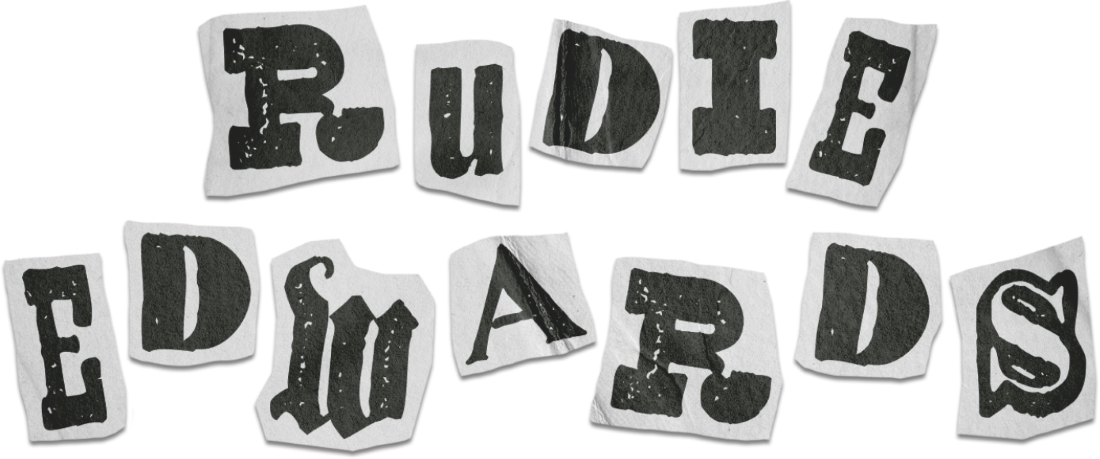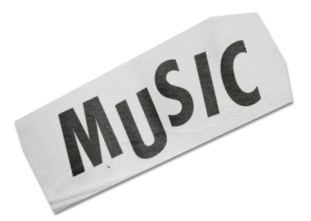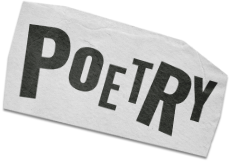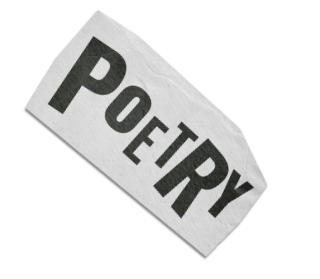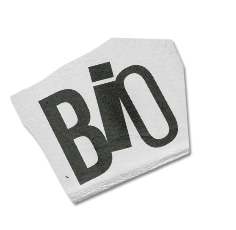Rudie Edwards has fond memories of the place she called home as a child. Dover, in the south of England: the musician and songwriter can picture the quaint town in her mind; those high school years of first loves and friendships. But she also recalls the time she spent as a teenager looking out to sea, past the beaches and cliffs towards France, pondering what lay beyond it. “I wanted to go out and see the world,” she says.
These are days she dreams of now and writes about in her music. Life is cyclical, and it often takes us back to the place where we found ourselves at first; moments long forgotten, now resurfacing. This is true of Rudie. An artist who’s learned that distance from a place makes it a little more romantic, she’s left home, travelled the world as an in-demand songwriter and musician in her own right. Finally, she’s found her creative clarity.
It has culminated in the creation of her debut body of work. It’s called Worst Ways, and those who’ve experienced the raw feelings of displacement, familial pride or broken heartedness will feel it’s gorgeous, grandiose melancholy in full.
Rudie is, at heart, her father’s daughter. Raised in a town that felt detached from any real multiculturalism, she remembers her dad being determined and hugely hard working; the only Black man in the town who fought to make sure Rudie and her siblings had what they needed – an idol to them. She remembers the sounds of reggae and pop behemoths like Tina Turner blaring from the speakers at home; music a constant creative escape for everyone in her family. When she was five or six, she started to sing in front of her parents and, noting the way her voice made them feel, yearned to make them feel like that all the time. By that age, she had already found her calling.
As she grew up, she would fall into the traditional rabbit hole of classic English indie-rock that so many British teenagers do: bands like The Cure and Joy Division were on repeat; their intense, often despondent sounds mirroring the angst of a girl who knew, at heart, that she would eventually leave this place. “I think it took me a little bit longer to kind of be comfortable in my own skin,” she says of those years. “I just really wanted to discover things about myself I wouldn't be able to in a small town.”
And so she made the decision, at 16 years old, to move to London. She applied to BRIT School, auditioned and was accepted. But rather than preening her into a star (the school has famously produced alumni like Adele and Amy Winehouse), Rudie appreciated the practicality of the course. The tutors there taught her how to produce her own music; it introduced her to other creative friends, but most importantly let her start the musical life she had longed for. It was flourishing beyond the four walls of that institution too. Living away from home provided her with a newfound freedom: the freedom to stay out late, go to clubs and meet new friends. It’s in these scenarios that her real voice was found.
In between now and then, Rudie wrote music, both for herself and other people. Having spent some time in America, flying between New York and LA, she found herself in situations unfamiliar to her; far from home. She got into a new relationship. She spent time in the studio with artists like CeeLo Green, writing songs for his record HeartBlanche. But the distance also provided perspective; the tremors of her vastly changing life bringing her back to the roots of what made her the person she was. By reflecting upon those days, Worst Ways was born.
The first single from it “Young” is, at its heart, about Dover, and those first fleeting loves that leave a profound effect upon who we are as people. In it, the comforting mundanity of the first boy she loved – one she learned to love The Smiths for, and subsequently left behind as she moved to London – is juxtaposed with her own journey. “While you’re watching TV, I’m boarding another plane… always chasing something new.” Most of us breathe a sigh of relief at the idea of leaving the places we grew up in. But Rudie Edwards can still find the warmth in them. “It's my little thank you to him,” she says, of that first love. “My little thank you for the things I miss from back then.”
There was a love that followed this. The maturity and ‘togetherness’ of its nature making the subsequent parting of ways more difficult for Rudie. It's the inspiration behind the EP’s title track. “Why’s it you that keeps creeping into my mind?” she cooes, repeating those words: “I remember in the worst ways.” There was a moment, as Rudie looked into the eyes of the man she’d loved for years, that she realised he had changed. “After being with someone for so long, I was left alone and really had to find myself again,” she says. “It was ugly, and it was beautiful. This was a song that I needed to write. And now that it’s out of me, I've got closure.”
But change manifests differently across all of these songs. There’s a new energy found in “All or Nothing”, a down-tempo alt-rock track in which Rudie chronicles her journey back from Los Angeles, packing her bags and returning to London. But rather than being rooted in melancholy, there’s a fire burning here. “I don’t care if I fall, if I can’t / You don’t mean, nothing less,” she belts beautifully; the hardy determination she inherited from her dad breaking through.
There’s a special specificity to the songs Rudie Edwards writes, but she is just as capable of writing sweeping ballads about broken relationships that can be applied to any love she, or her listeners have lost. Regret is the key mood in “The Saddest Song”: “It was the sweetest / It was the meanest,” she reminisces on its chorus, before delivering the blow: “And once it’s gone you know it’s never coming back again / No we can’t go back.” At its core, it’s about feeling bad about how you behaved in relationships that you can’t change but wish you could have.
The prickliness in “Forgetting” is directed at Rudie herself; a song about knowing that you can be the problem when trying to forge a relationship sometimes. “I had a lot of issues coming out of a five-year relationship, and I didn’t want to face up to it,” she admits, “but every time I tried to relate to someone, I knew what was wrong with me. This song is me owning up to being the fucked up one in these equations.”
Worst Ways rounds out where her whole journey began: with “Jumperman” an ode to her father and her Barbadian heritage. Pared back at first, just her voice backed by layers of acoustic guitar, it builds with bursts of percussion and haunting, echoing voices. Of all of the tracks here, it possesses the greatest urgency. It’s an ode to the grace and resilience of the man in her life she really owes it all to. “When I listen to this, it’s always about him building this life, and then giving it to me, and helping me better myself,” Rudie says. “Sometimes shit gets hard, and people won’t give you credit where it’s due, but you can’t give up. You’ve got to keep going.”
To look back upon a life already lived usually warrants a descriptor that never applies to the music of Rudie Edwards: nostalgia. Nostalgia is sentimental; it’s cloying and created from our desires to rebuild our pasts the way we want to remember them, rather than how they were. But Rudie Edwards doesn’t rebuild her past through her music, she recalls it in painful, beautiful, minute detail. Even when she works with the sore memories that only reflection can conjure, she is a songwriter who sees everything lucidly.
